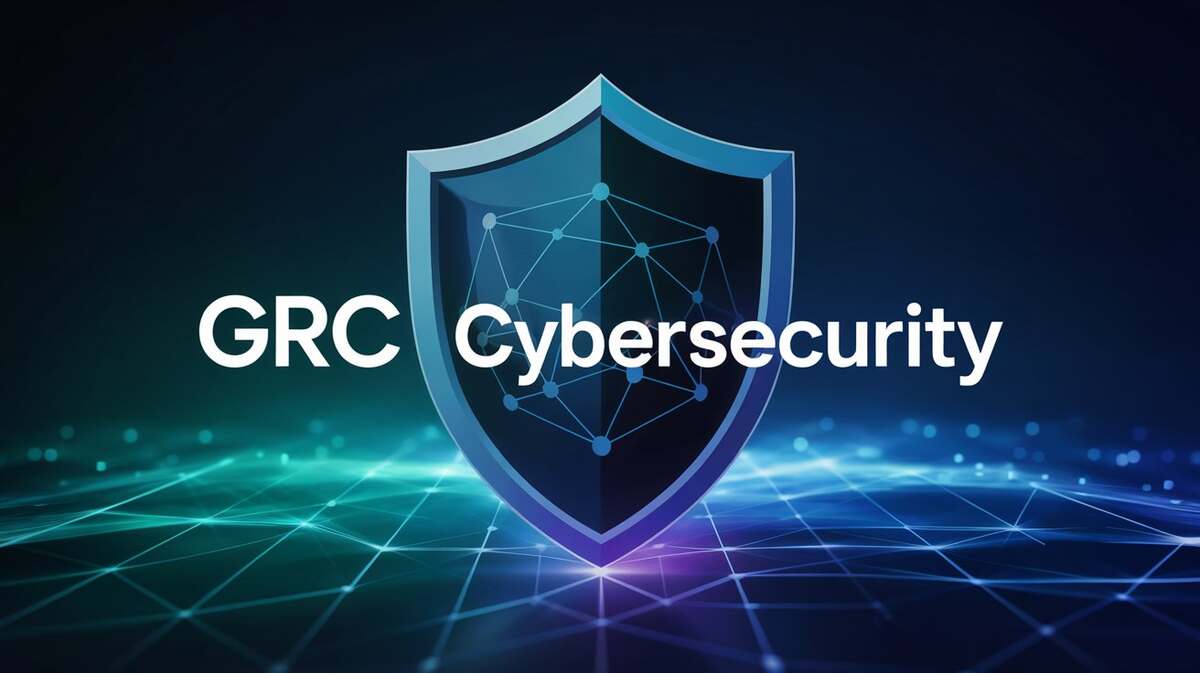In today’s digital landscape, cybersecurity is a growing field with increasing demand for skilled professionals. One of the most common questions among aspiring cybersecurity experts is: Does cybersecurity require coding? The answer isn’t a simple yes or no—it depends on the role you choose within cybersecurity. While some positions require strong coding skills, others focus more on security policies, risk management, and system monitoring. In this blog, we’ll break down the role of coding in cybersecurity and explore how it can enhance your career.
Understanding Cybersecurity: A Brief Overview
Cybersecurity is protecting systems, networks, and data from cyber threats. It encompasses various technologies, policies, and strategies to prevent unauthorized access, attacks, and data breaches. Some key areas of cybersecurity include:
- Network Security: Protecting networks from intrusions and unauthorized access.
- Information Security: Safeguarding sensitive data from breaches and leaks.
- Application Security: Ensuring software and apps are secure from cyber threats.
- Threat Intelligence & Response: Identifying and mitigating potential cyberattacks.
Cyber perils such as malware, phishing, and ransomware continue to evolve, making cybersecurity an essential field for individuals and organizations.
Does Cybersecurity Require Coding?Debunking the Myth
 The short answer is Yes and No. Coding is not mandatory for all cybersecurity roles, but it is a valuable skill that can enhance your career prospects.
The short answer is Yes and No. Coding is not mandatory for all cybersecurity roles, but it is a valuable skill that can enhance your career prospects.
Cybersecurity Roles That Require Coding
Certain cybersecurity positions involve extensive coding and scripting, making programming skills necessary. These roles include:
- Penetration Testing (Ethical Hacking): Ethical hackers simulate cyberattacks to find vulnerabilities in a system. They often write custom scripts using languages like Python, JavaScript, and Ruby.
- Security Software Development: Professionals in this role build security tools and applications requiring C, C++, Python, or Java expertise.
- Malware Analysis: Analyzing malicious software requires decompiling code and understanding programming languages to assess threats.
- Automation & Scripting: Many cybersecurity tasks, such as log analysis and network scanning, can be automated using Python or Bash scripts.
Cybersecurity Roles That Do Not Require Coding
Several cybersecurity jobs focus more on threat monitoring, risk management, and compliance than programming. These include:
- Security Analyst: Monitors networks, detects threats, and implements security measures. Basic scripting knowledge is helpful but not mandatory.
- Incident Response Specialist: Investigates and mitigates security breaches, relying more on forensic analysis than coding.
- Compliance & Risk Management: Ensures organizations adhere to security regulations (e.g., GDPR, HIPAA) without needing programming expertise.
- Security Awareness Training: Educates employees on cybersecurity best practices through training sessions rather than technical work.
The Benefits of Learning Coding for Cybersecurity Professionals
 Even if your cybersecurity role doesn’t require coding, having programming knowledge can be highly beneficial. Here’s why:
Even if your cybersecurity role doesn’t require coding, having programming knowledge can be highly beneficial. Here’s why:
- Enhanced Problem-Solving Skills: Coding improves logical thinking, helping you effectively analyze and mitigate cyber threats.
- Better Understanding of Cyber Threats: Knowing how the software works makes detecting and preventing vulnerabilities easier.
- Increased Job Opportunities: Employers prefer candidates with coding experience for advanced cybersecurity roles.
- Custom Tool Development: With coding skills, you can create security tools and automate repetitive tasks, improving efficiency.
How to Get Started with Coding in Cybersecurity
If you’re convinced that coding can boost your cybersecurity career, here’s how you can begin:
1. Choose the Right Programming Language
- Python: Widely used in cybersecurity for scripting, automation, and penetration testing.
- Bash: Useful for automating security tasks on Linux systems.
- JavaScript: Helps in web security testing and analyzing web vulnerabilities.
- C & C++: Essential for understanding malware and low-level security threats.
2. Use Online Learning Platforms
Platforms like Coursera, Udemy, Codecademy, and Cybrary offer cybersecurity-focused coding courses.
3. Join Cybersecurity Communities
Engage in forums like Stack Overflow, GitHub, and Reddit to learn from experts and solve real-world coding challenges.
4. Practice Regularly
Hands-on experience is crucial. Work on projects, participate in Capture The Flag (CTF) competitions and try coding exercises related to cybersecurity.
Conclusion
So, does cybersecurity require coding? The answer depends on your chosen path. While some roles demand strong programming skills, others focus more on security strategies and compliance. However, learning to code can provide a competitive edge, expand your job opportunities, and make you a more effective cybersecurity professional. Does cybersecurity require coding? Whether starting your cybersecurity journey or looking to advance your career, developing coding skills can be a game-changer.













